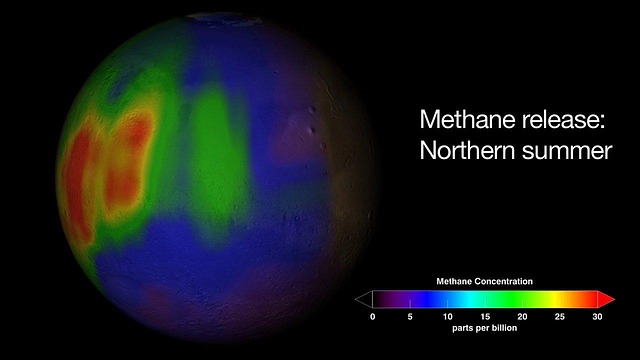Uncovering the Impact: Methane Emission and Climate Change
The air we breathe is a vital part of our existence, but the rising levels of methane emission are creating a significant concern for our planet’s health. As we immerse ourselves in discussions about climate change, it’s essential to understand the profound impact that methane has on our environment. Every day, the choices we make and the systems we uphold can either mitigate or exacerbate this issue.
Methane, a greenhouse gas that is over 25 times more powerful than carbon dioxide in trapping heat over a 100-year period, is often overlooked in favor of more prominent climate change discussions. Yet, the statistics reveal a stark reality. The volume of methane emitted into the atmosphere is tied closely to agriculture, waste management, and natural gas extraction. In fact, the agricultural sector alone is responsible for about 40% of global methane emissions, primarily due to livestock digestion and manure management. This reality places an immense amount of responsibility on us as consumers and citizens.
As climate change continues to escalate, we are beginning to witness its effects firsthand. Extreme weather events, rising sea levels, and disrupted ecosystems are just a few indicators of our warming planet. The connection between these changes and increased levels of methane in the atmosphere cannot be ignored. For example, thawing permafrost releases trapped methane, further intensifying the cycle of warming and contributing to a more volatile climate.
We often hear about the choices that individuals can make at an everyday level: recycling, conserving energy, and reducing plastic use. However, it’s crucial to extend that mindset to understanding the role of methane emission in our environmental footprint. As we educate ourselves on how methane is produced and how we can minimize it, we can actively work towards reducing its contribution to climate change.
Engaging with local initiatives, supporting sustainable agricultural practices, and demanding transparency from industries that contribute heavily to methane emissions are vital steps we can take. We must advocate for policies that target methane reduction and push for innovations in alternative technology that can significantly decrease these emissions.
The path ahead is challenging, but recognizing the impact of methane emission encourages a communal response. It’s not only about the scientific data; it’s about our shared responsibility to safeguard our environment. Together, we can make informed choices that not only benefit our health but also aid in the fight against climate change. The goal is clear: to leave behind a healthier planet for future generations.
As we delve deeper into our consciousness about climate issues, let’s anchor our understanding of methane emission as a focal point. It reminds us that every action counts and that the ripple effects of our choices can cultivate a sustainable future for everyone.




